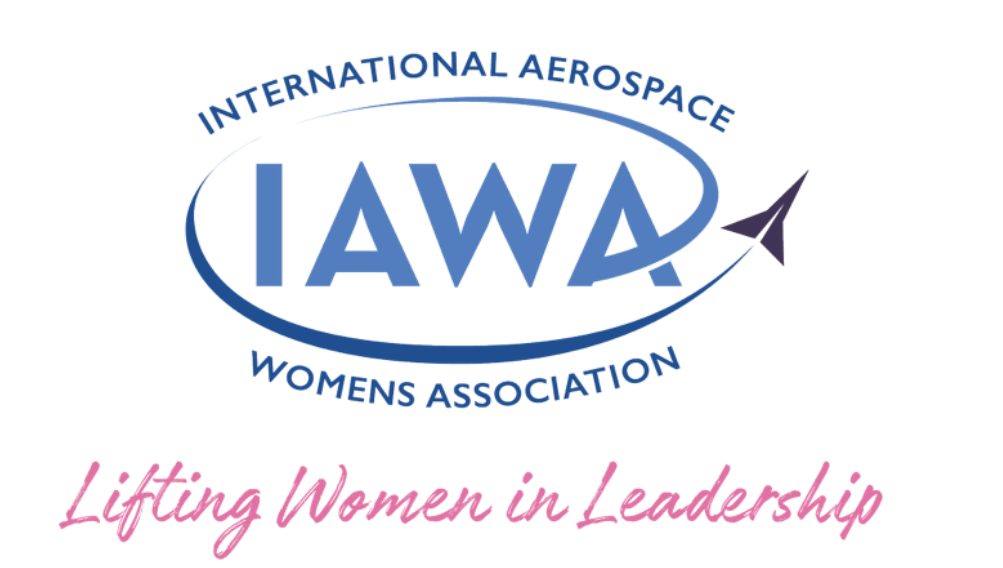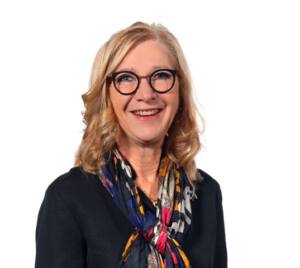This year, the International Aviation Women’s Association (IAWA) will host its 37th Annual Conference for the first time in São Paulo, Brazil, from October 28 to 30. ALN spoke with IAWA President Debra Santos, who brings more than 40 years of industry experience to her role leading global efforts to advance women in aerospace leadership. In the interview, she discussed the upcoming event and the persistent challenges related to diversity and inclusion in the aerospace sector.
«First, I would like to say how excited I am to return to Brazil after so many years. Brazil holds a special
place in my heart because very early in my career, I worked supporting Boeing in selling, marketing, and
configuring airplanes with Varig, Rio Sul, and Vasp. I was a young engineer traveling to Brazil frequently.
At the time, I was the only woman in the room leading a group of Boeing engineers with Varig engineers
discussing the configuration options of the airplane. I was treated with respect because I was prepared
and knowledgeable. It probably helped that I spoke a bit of Portuguese. Sometimes the conversation was
not appropriate, but those were the times. One of the most significant contributions I was involved in was the replacement of the Lockhead L-188 Electra with the 737 on the ponte aérea “Air Bridge” Santos
Dumont to São Paulo».
The theme for this edition is “Breaking Barriers, Building Legacies.” What specific barriers does IAWA seek to address in the world and especially in the Latin American context?
The theme of this year’s conference reflects our focus on tackling the gender imbalance in
aerospace leadership while giving women greater visibility through global networking. It’s also
about ensuring the next generation inherits stronger pathways to lead.
What are the main topics to be covered at the conference? What challenges and
opportunities stand out for women leaders in the region?
We’ll cover the issues most critical to the future of aerospace, from government and industry
collaboration to sustainability, emerging markets, and the role of AI in shaping workforce
readiness and operational resilience. For our members in Latin America, the timing is powerful. The industry in the region is growing quickly, and with that comes the chance to embed diverse thought leadership from the start. At the same time, challenges remain, including underrepresentation in management. By highlighting women leaders on a global stage, we aim to inspire progress and open more pathways for today and tomorrow.
Why is this expansion into Latin America so significant for the organization and how does IAWA hope this conference will boost the involvement of more Latin American
professionals in the organization’s global network?
Historically, Brazil has been an aviation innovator since Santos-Dumont’s pioneering flights and
trailblazing women like Teresa Di Marzo and Ada Rogato. With Embraer and a growing
aerospace sector, Brazil is a key global player. Hosting our conference here gives local women
leaders a global platform and fosters a two-way exchange between Latin America and IAWA’s
worldwide network.
What impact does IAWA expect this conference to have on strengthening a more inclusive
and diverse aerospace community in Latin America?
We aim to spark action, from companies setting diversity goals, to mentors stepping forward, to
young women seeing aviation as a future for themselves. By strengthening these connections
across countries, we can build a more inclusive and resilient aerospace community.
Since the aviation industry launched IATA’s 25 by 2025 initiative, we have seen progress in female representation across various roles, but clearly, there is a lot more work to be
done; What are the real tangible benefits of having a diverse workforce?
The benefits of diversity in aviation are tangible and measurable. Diverse teams make stronger
decisions, drive greater innovation, and improve organizational resilience. They also reflect the
diversity of the passengers and communities we serve, and they strengthen safety culture by
ensuring more perspectives are considered. Diversity makes our industry stronger.
From your perspective, do you feel we are moving in the right direction?
Yes, we’ve seen progress through initiatives like IATA’s 25 by 2025 and the rising visibility of
women leaders, but the leadership pipeline remains fragile. We’re moving in the right direction,
but the pace must accelerate. At this year’s conference, we’ll release the initial results of the
updated Lift Off to Leadership study, which IAWA co-sponsored with Oliver Wyman. The original
2020 report highlighted both barriers and progress for women in aerospace leadership, and this
new edition provides an important update on where we stand today.
Do you believe that in addition to attract more women to the industry, programs should be created to encourage their growth once they are already in aviation?
Absolutely. Recruitment alone is not enough. We need intentional support for retention,
mentorship, sponsorship, and leadership training. Women must see real career pathways, not
just entry-level access.
In spite of the evident progress, the presence of women in management positions is still
low in the region. What is missing or what can be done to achieve more management
spaces?
Too often, women in aviation face structural barriers, including limited mentorship, a lack of
sponsorship, and unclear pathways into senior roles. We also see cultural stereotypes that can
hold women back from being considered for leadership. What’s needed is intentional action:
companies must create transparent promotion pipelines, invest in leadership development for
women, and hold themselves accountable. When those pieces are in place, more women will
thrive in leadership.
What actions or initiatives do you consider essential to promote greater diversity and
inclusion in the aviation industry both in Latin America and globally?
Progress requires action on multiple fronts. Companies must expand mentorship and
sponsorship opportunities and build pipelines from universities into aerospace careers. We also
need to elevate role models who show what’s possible. In Latin America and around the world,
inclusion has to be treated as a business priority because when we build diverse teams, we build
stronger, more innovative and profitable organizations.
About the International Aerospace Womens Association (IAWA)
IAWA is a global nonprofit organization committed to the advancement of women in leadership in the
aviation and aerospace industry. With a global network, IAWA fosters meaningful connections through
networking and educational events and provides resources that keep its members and supporters
informed about the latest industry trends and research. Learn more about IAWA’s programs and initiatives at IAWA.org




